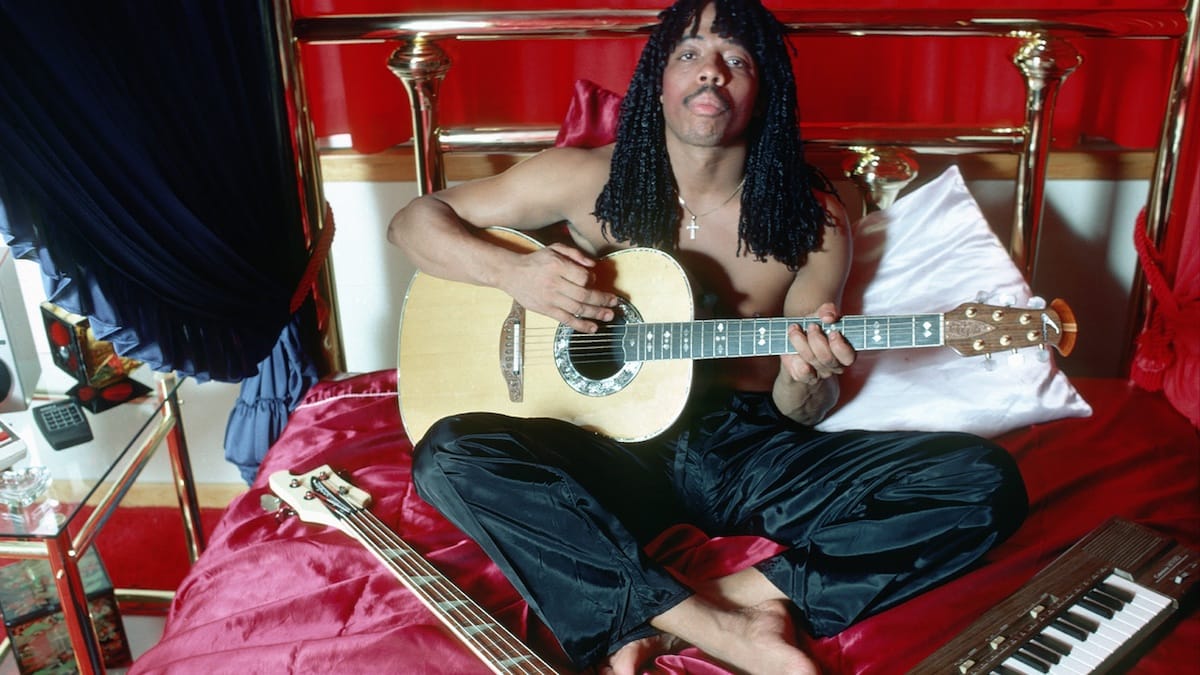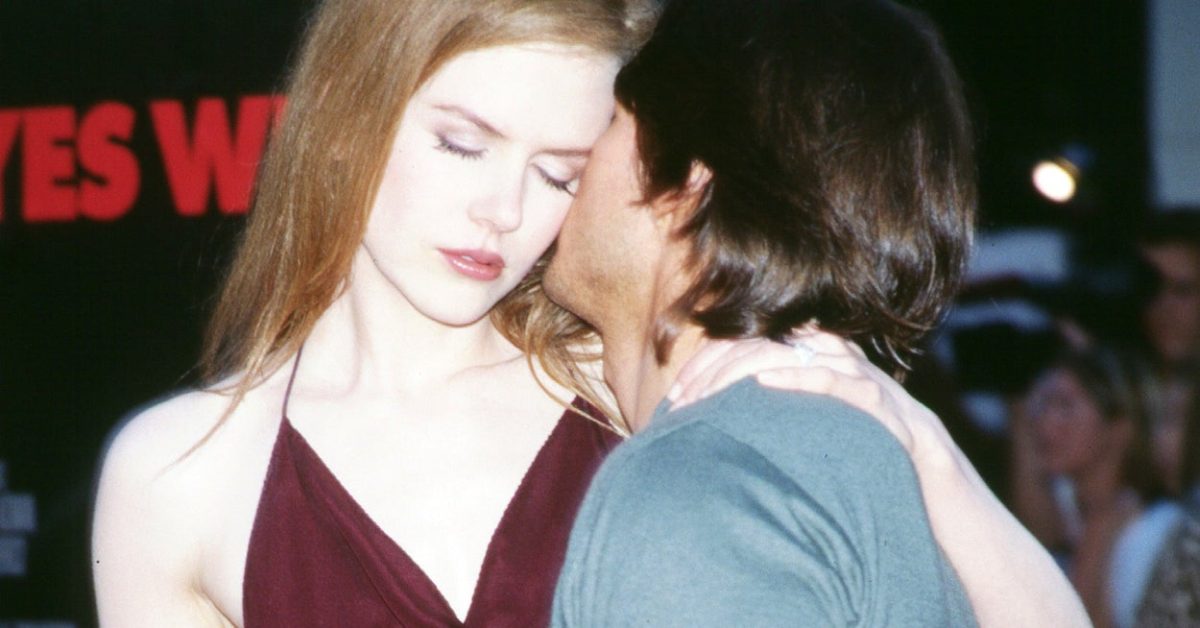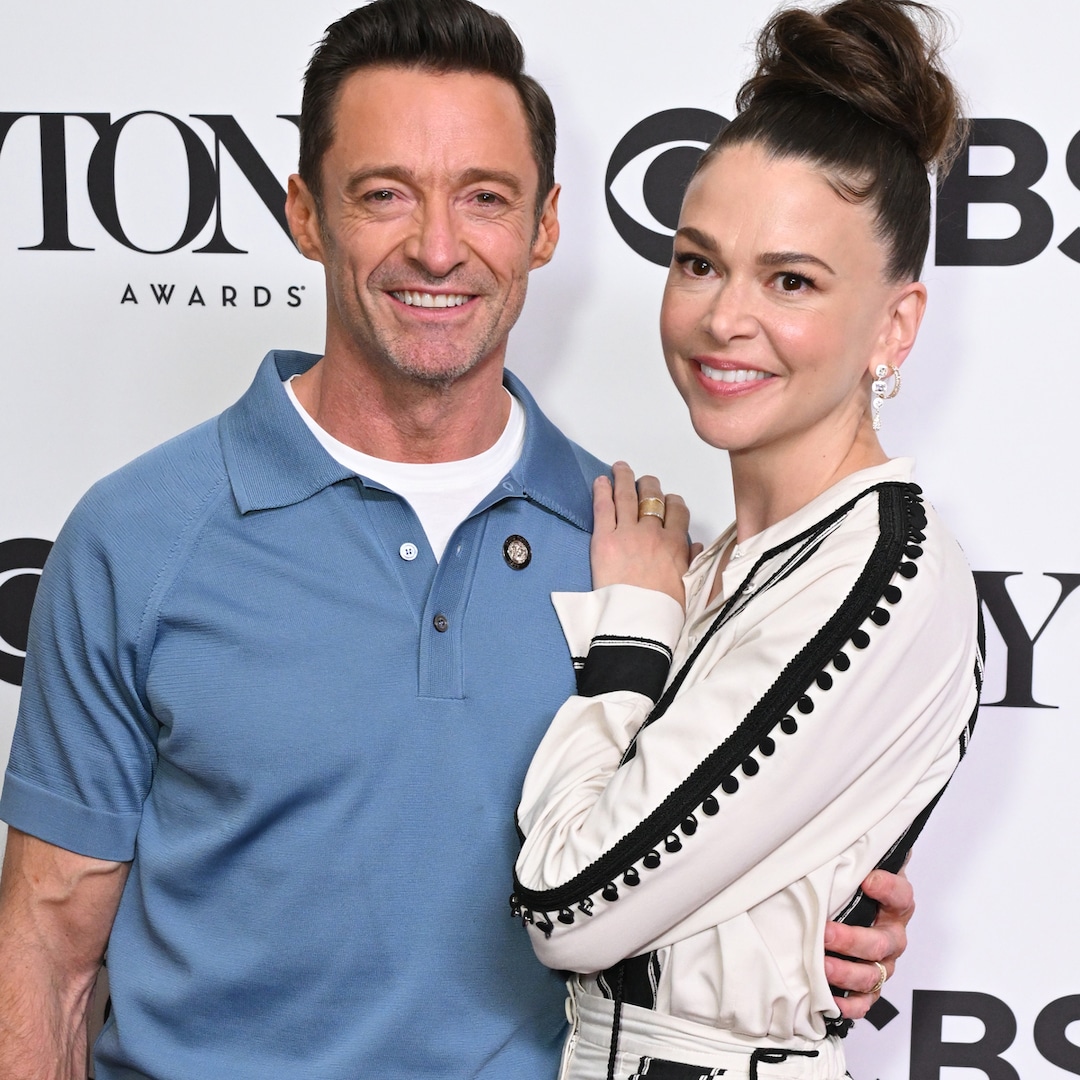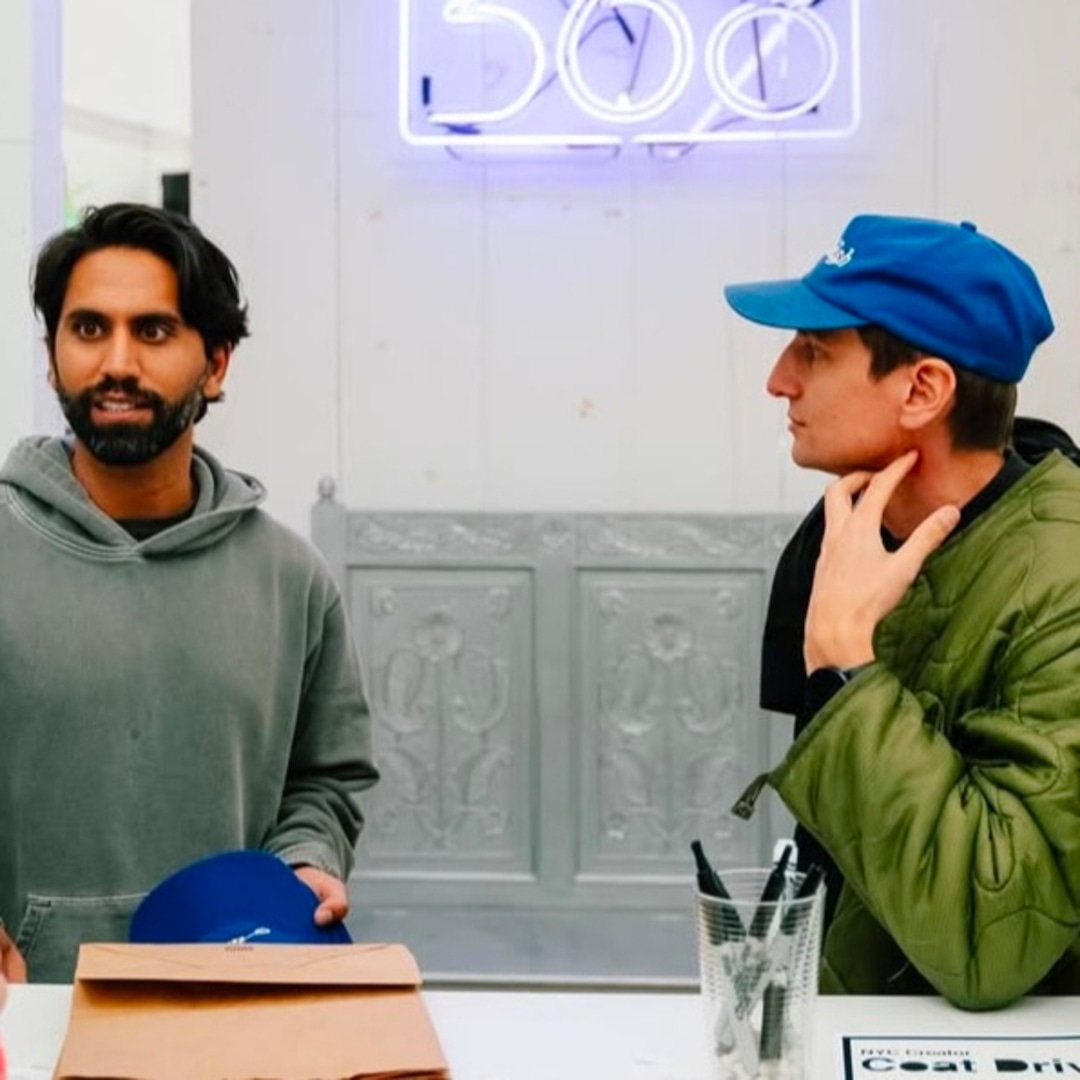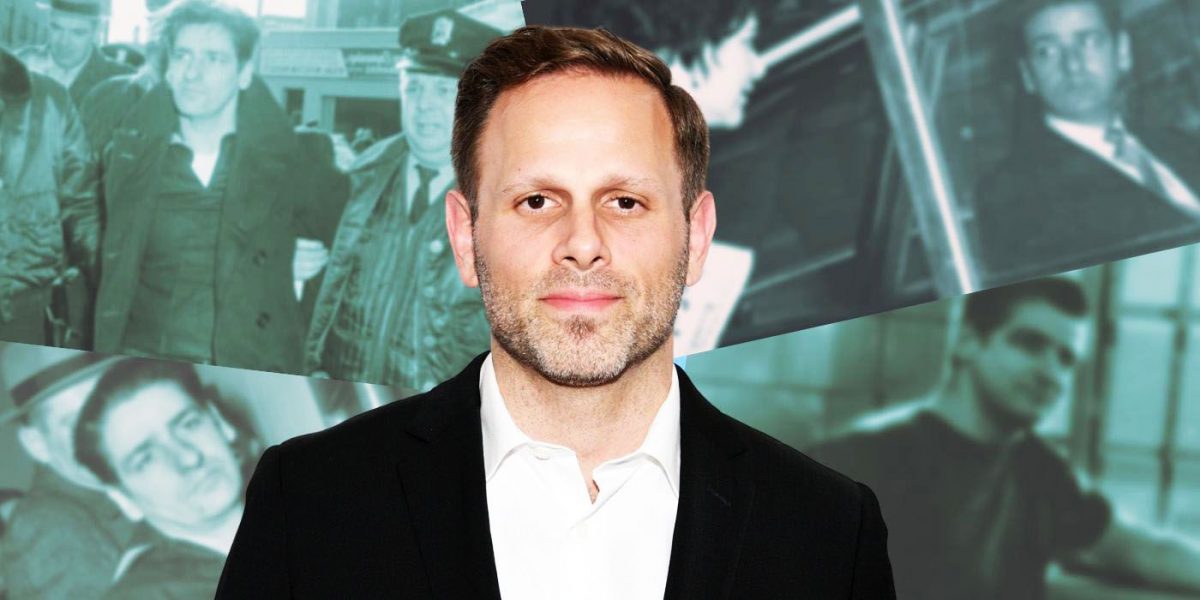
Director Matt Ruskin on Taking Inspiration From ‘Zodiac’
Mar 17, 2023
In the early 1960s, a killer terrorized the city of Boston, taking the lives of 13 women. Nearly a decade before the term “serial killer” was coined, two investigative reporters, Loretta McLaughlin and Jean Cole, wrote a piece on the multiple murders, breaking the story even before the case was taken seriously by law enforcement. In his upcoming noir drama, Boston Strangler, filmmaker Matt Ruskin (Crown Heights) explores this case from the perspective of McLaughlin, played by Keira Knightley, and Cole (Connie Coon), who struggle not only with the sexism of the time, but the racing clock and the next impending kill.
COLLIDER VIDEO OF THE DAY
Alongside Knightley and Coon, Boston Strangler features a talented cast that includes Academy Award-winner Chris Cooper, Alessandro Nivola, and David Dastmalchian. Shockingly, with a cast like that and an aesthetic likened to David Fincher’s Zodiac, Ruskin’s fifth feature film won’t be hitting theaters, but will premiere on Hulu on March 17.
Before Boston Strangler’s release, Collider’s Steve Weintraub had the opportunity to speak with Ruskin about the making of the movie. During his interview, we learn why he chose to tell the story in this particular way and which films inspired his style and tone. Ruskin also discusses the relationship he developed with the children of both McLaughlin and Cole, how true to actual events the movie is, why liberties were taken, and what challenges were faced while filming. For all of this and more on Boston Strangler, you can watch the interview in the player above, or read the full transcript below.
COLLIDER: I’m going to start with congrats on the movie. I thought you did a really great job with it.
MATT RUSKIN: Thank you, appreciate it.
Image via Empire Magazine
This is going to sound weird as I say this, and I don’t want it to come across wrong, but it’s almost too good for Hulu. I’m not trying to cause any problems, but if I saw this in a movie theater, I’d be like, “This is really good.” So how did you pull this off for Hulu? Was it ever talked about for theaters?
RUSKIN: You know, those decisions are made far above my head, but I will say we originally brought the film to 20th Century Fox before the acquisition, or merger, with Disney. So my understanding is, this may at one point have been a theatrical film and then, with the new environment, became something that was intended to go to Hulu.
What people don’t realize is the amount of marketing and money it takes to release a movie in theaters. The truth is there have been a lot of adult dramas that have not been performing in theaters and that all has to be factored in. I thought you did a great job and if I saw it in a movie theater, I would have been like, “That’s really good.”
RUSKIN: Thanks man, I really appreciate that.
You obviously researched everything about this period and these reporters. What did you learn about the case while studying it that you wish more people knew?
RUSKIN: Yeah, so I grew up in Boston and I had heard about the Boston Strangler my whole life, but once, a few years ago, I started reading about it and realized that I knew nothing about the case itself. I discovered this really fascinating, layered murder mystery at the heart of this story, and I thought that all of these really unexpected twists and turns would make for a really compelling movie.
Then I discovered this reporter, Loretta McLaughlin, who was one of the first reporters to connect the murders, she really broke the story of the Boston Strangler. And during the course of her reporting, she gave the Boston Strangler his name. I love journalism stories and journalism films and I really respect and admire good journalists and journalism. So I felt like this would be a really compelling way to revisit the Boston Strangler story, through the perspective of her and the other reporter who she partnered with to report on these murders.
One of the things I really enjoyed about the way you shot it was the moving camera. There’s a lot of moving, and it’s deliberate with the moves. Obviously, you’re making this on a budget and you have to make your shots every day. So how did you pull it all off in terms of working with your [director of photography] Ben [Kutchins] on the aesthetic?
RUSKIN: You know, Ben is just such a talented guy, and he’s a really smart filmmaker, and there’s a small group of people who I love to try and work with – this camera operator named Ari Issler who is also an incredibly smart filmmaker. We would just develop a plan for the week every Sunday, and try and have as precise a plan knowing that we would never have enough time to do what we wanted to do. Then we had one of the best dolly grips I’ve ever worked with, was just so fast, could lay track and get things up and ready to go so quickly. So we had a phenomenal crew and just tried to come at every day with a very specific plan. Which was sometimes successful and sometimes not.
Image via Empire Magazine
Well, I really did like the way you guys framed, and the aesthetic of the way you use light and shadows. Can you talk about the light and shadows and how you wanted to frame certain events?
RUSKIN: Yeah. You know, I really wanted to preserve this sense of this ominous noir-ish feel across the board. So I always wanted that tone and the weight of these murders, for you to feel that in some visceral way throughout the whole film. So even when Loretta’s at home, we let the darks go dark, and really wanted to just try and preserve this ominous feel throughout the entire film. So much of that is done with quality of light and really letting the darks go dark.
When you watch this movie, because it’s a newspaper film about a killer, obviously, people are going to talk a little bit about Zodiac because there are similarities. So when you knew you were going to make this were you like, “I cannot look at Zodiac again until after I’m done.”? Or did you look at it like, “[David] Fincher made an incredible movie, let me see what he did, and how can I use maybe some of the good things in my project.”?
RUSKIN: Yeah. I absolutely looked at Zodiac. I looked at All the President’s Men to see how they photographed the newsroom so well, but there are so many similarities with Zodiac. I looked at that film quite a bit. I looked at some of Fincher’s other work. There’s a lot of people talking, there’s a lot of reporting, and something that he does so well is just giving what would ordinarily be [a] static scene so much life and dynamism. So I really looked at how he covered scenes quite a bit.
Then we looked at a whole range of things from, you know, Zodiac and All the President’s Men to Jeanne Dielman, Chantal Akerman’s film, her domestic drama. So we looked at a range of things for sure.
There are obviously going to be things that you did, balancing the line of fact and fiction, and what you wanted to put in that is taking liberties because you’re making a movie, and also trying to get it as right as you can. Can you talk about that line and where and when you wanted to cross it?
RUSKIN: Yeah. So, I developed a personal relationship with Loretta and [Jean Cole’s] children. I got to know their families very well, and getting the story right was very important to me. So I wanted to convey the spirit of these women in the truest way that I could. That said, in terms of trying to tell a story that spanned several years in a feature film, you obviously have to take some liberties. So there were some dramatizations of things that are probably oversimplifications, but that tell a story quickly. And then [there are] times where we compressed the timeline to try and preserve a sense of momentum and continuity in an ultimately two-hour film or less.
Image via 20th Century
I like talking about the editing room because it’s where it all comes together. When you get in the editing room, your first few days you’re looking at your assembly. Are you ready to jump out the window, or are you like, “Oh, we have it.”?
RUSKIN: Somewhere in the middle. I wasn’t ready to jump out a window, but I wasn’t entirely sure that we had it. And it’s always a discovery process. You know, it’s really true. You do so much of your writing in post-production, and I worked with a great editor named Anne McCabe, and it was just a continual process of refining and experimenting and really trying to find the best way to organize the material.
How did it change in the editing room in perhaps ways you didn’t expect?
RUSKIN: You know, I think oddly enough we used a lot of what we shot. I think the bigger challenge was shooting a film in Boston during the winter, a period film in Boston, middle of January during the height of the Omicron spike. It was just an incredible challenge and group effort to try and make our days and keep everyone safe, and get what we needed to get. But I think there’s this transformation when things come from the page into the physical world, and then on screen, when you’re trying to tighten everything and tell a really tight, compelling story. It was just a continual process of trial and error and experimentation until we felt like this was the best assembly of things.
Did you end up with a lot of, or any, deleted scenes, or was it all on the screen?
RUSKIN: No, we ended up with a few deleted scenes, but not many. We used most of what we shot.
I’m not sure if you want to answer this, but how many days did you actually have to shoot this?
RUSKIN: Not enough, I’ll say. I’m sure the answer is always “not enough,” but we were also in that camp of not having enough time.
Yeah, well I’m letting you know you pulled it off. I was just at Sundance talking to people who made a movie in like 14 days, which is… I don’t know how you do a movie in 14 days.
RUSKIN: I don’t know how you do that either. Luckily, we had more than 14 days.
You put together this great cast. That’s one of the reasons the film is so good is because you have these great actors delivering your lines. Can you talk about putting it all together, and what was it like when Keira [Knightley] says yes, she wants to do it, or Chris [Cooper]?
RUSKIN: Yeah, I felt so lucky to get to work with such an incredible cast, and it all started with Keira. In my mind, she was the perfect actor to bring Loretta’s story to life. She had, really, all of the qualities that I was looking for. Both the strength, but also the vulnerability and subtlety that you see in so much of her work. And I think that Keira really identified with Loretta personally, you know? She also has a very demanding career and a family, and I think understood many of those challenges firsthand.
Once she agreed to do the film, it was about just trying to find the absolute best people that we could to surround her with. Carrie Coon is one of my favorite actors on the planet, and people like Alessandro Nivola, who are so incredibly talented and have such an incredible work ethic, they make me look like a better writer and a better filmmaker than I am. So, it was just an incredible experience to get to work with such great actors.
Image via 20th Century
I could be wrong, but I do believe this is your biggest project thus far. What did you learn making this that you want to apply to whatever you do next?
RUSKIN: I learned a lot of things. It’s definitely the biggest film I’ve made, and I think that, at the end of the day, it’s very similar to making any movie where the essential pieces are the same. Sometimes the bigger the apparatus, the slower it moves. I was very lucky to have great partners on this, both at the studio and in terms of actors and producers. I felt like I had real partners all the way through. It’s always a learning process, and, like all the movies I’ve done, big and small, I learned a ton on this one.
I never felt when I was watching it that you made it during COVID times because you had a lot of shots that had a lot of people, like the police when they’re at a crime scene, and you have like 15 cops in the hallway. A lot of the COVID things I’ve seen, it’s like three people instead of 15. Can you talk about that, trying to pull that off?
RUSKIN: Yeah, I think the biggest thing for us was that the core crew and cast were all just very careful, that everybody behaved really responsibly during this period. Then we just adhered to a very strict testing protocol where people tested almost every day and, if you were going to be an extra or one of the supporting actors in the film, you’d come early and test for a couple of days before you came onto the set. There was a big team of people who spent a lot of time trying to figure out how to keep everyone safe and keep the production going.
Are you writing something right now? Do you know what you’re going to try to do next?
RUSKIN: I don’t know what’s next, but I am reading a ton right now.
Boston Strangler premieres exclusively on Hulu on March 17.
Publisher: Source link
Nicole Kidman’s Viral Getty Image Catalog
Nicole Kidman's Viral Getty Image Catalog Nicole Kidman has stepped back into the limelight to promote the new A24 erotic thriller Babygirl — and she’s looking as radiant as ever. The Academy Award-winning star has had an incredibly storied career,…
Jan 14, 2025
Hugh Jackman and Sutton Foster Have Steamy Makeout Session
The Music Man's final curtain call was in January 2023. But it wasn't the only thing to come to an end. In September of that year, Jackman and his wife of 27 years Deborra-Lee Furness announced their split."We have been blessed…
Jan 14, 2025
Mandy Moore Shares She’s Unsure If Her Home Survived
California Fires: Mandy Moore Shares She's Unsure If Her Home Survived On Tuesday, Mandy shared on her Instagram story that she, her children, and her pets left their home and were safe. "Evacuated and safe with kids, dog and cats.…
Jan 13, 2025
YouTubers Colin, Samir Lose Homes to L.A. Fire as Wives Are Pregnant
Angelina Jolie, Halle Berry, Jamie Lee Curtis & More Stars Are Giving Back Amid LA FiresYouTubers Colin Rosenblum and Samir Chaudry are opening up about their heartbreaking situations. The duo, otherwise known on the platform as Colin and Samir, recently…
Jan 13, 2025


